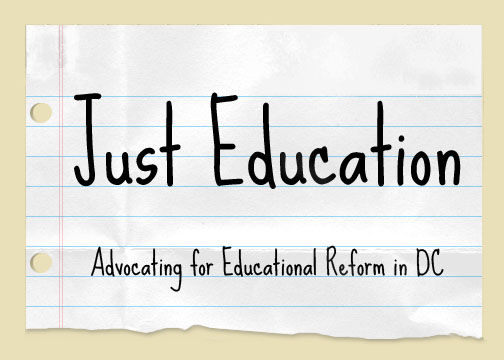DC Reads is back, in more ways than one. For starters, we're back from a spring break that saw many of our dedicated tutors and coordinators participate in alternative spring break trips helping to build and further communities here in DC and around the country. On a greater level, we're back from a two-month hiatus from blogging that has been filled with a lot of exciting action that we can't wait to fill you in on.
Tutoring is off to another good start this semester, with young learners across all of our different programs continuing to make strong progress in literacy decoding, reading comprehension, and writing skills. We're putting an unprecedented emphasis on the comprehension portion of our curriculum, insuring that our students are not only reading words correctly but also understanding them at an appropriate level. In the 4th and 5th grade program, we've moved into a unit centered around the many different future careers potentially associated with our students' emerging interests, and the skills and hard work it takes to get to those careers. On Saturdays, we've continued to see solid and growing attendance for the free tutoring we offer at the
Deanwood Community Recreation Center in Northeast.
One of the more exciting partnerships we've forged throughout the year and that continues to be cultivated this semester is with the DC Promise Neighborhood Initiative (DCPNI), the comprehensive plan to improve educational outcomes for students in the Kenilworth-Parkside neighborhood in Northeast by building the community on a broader level and insuring that its children have all of the out-of-school resources and services they need to succeed in school.
We blogged about DCPNI earlier in the year when some DC Reads coordinators attended a celebration barbeque after the plan was chosen to receive federal grant money -- it is modeled after Geoffrey Canada's success with the Harlem Children's Zone in New York City, and people in Kenilworth-Parkside are really excited about it. Recently our coordinating staff volunteered on a Saturday at an all-day planning retreat for DCPNI with the residents of Kenilworth-Parkside, serving as notetakers for breakout discussions among residents and facilitators and generally serving as a helpful presence at this event. Our partnership with DCPNI continues to grow, and it has been a great way to build our profile in a community that includes Kenilworth Elementary School, where we tutor students in all five grades.
(For more on the DC Promise Neighborhood Initiative, check out this recent feature in the Huffington Post!)
In the waning weeks of the semester, we'll certainly keep you posted on these developments and more, but we also envision our blog becoming more of a forum for more opinions and discussion on current events in the world of education, so we will be posting articles and continuing to follow up on that promise accordingly.
We're excited to get back to tutoring this week, and we look forward to having you along for the ride!

